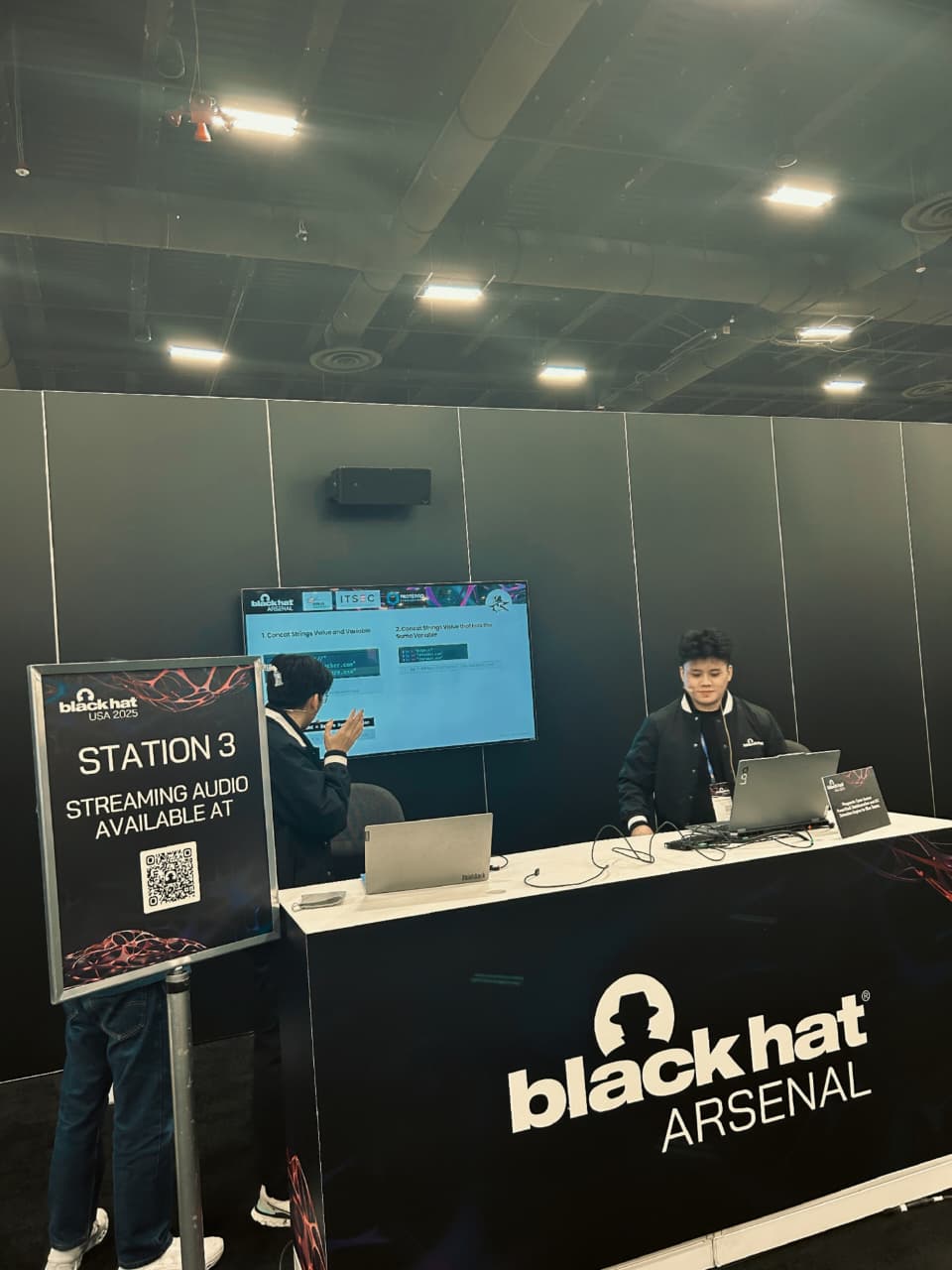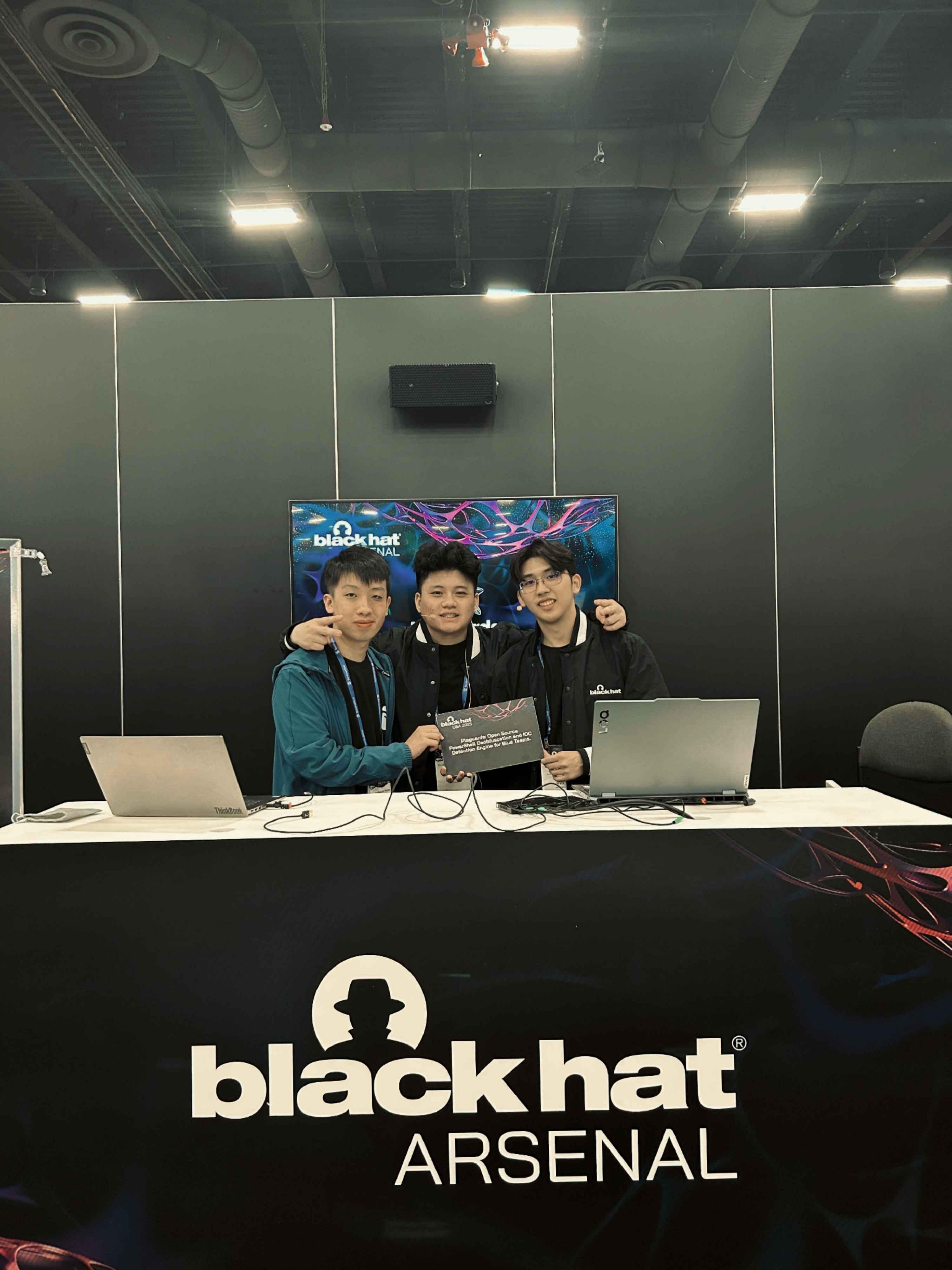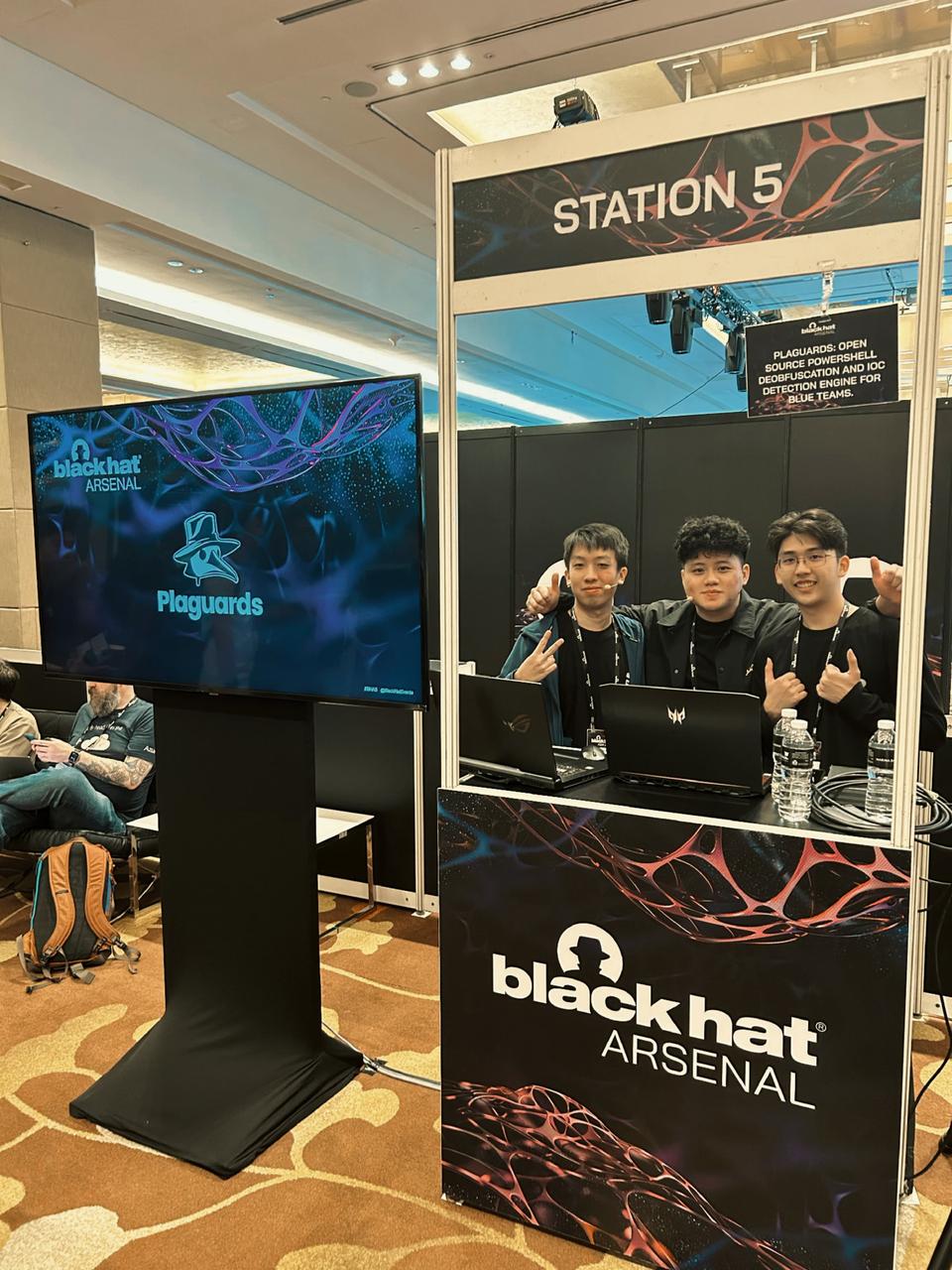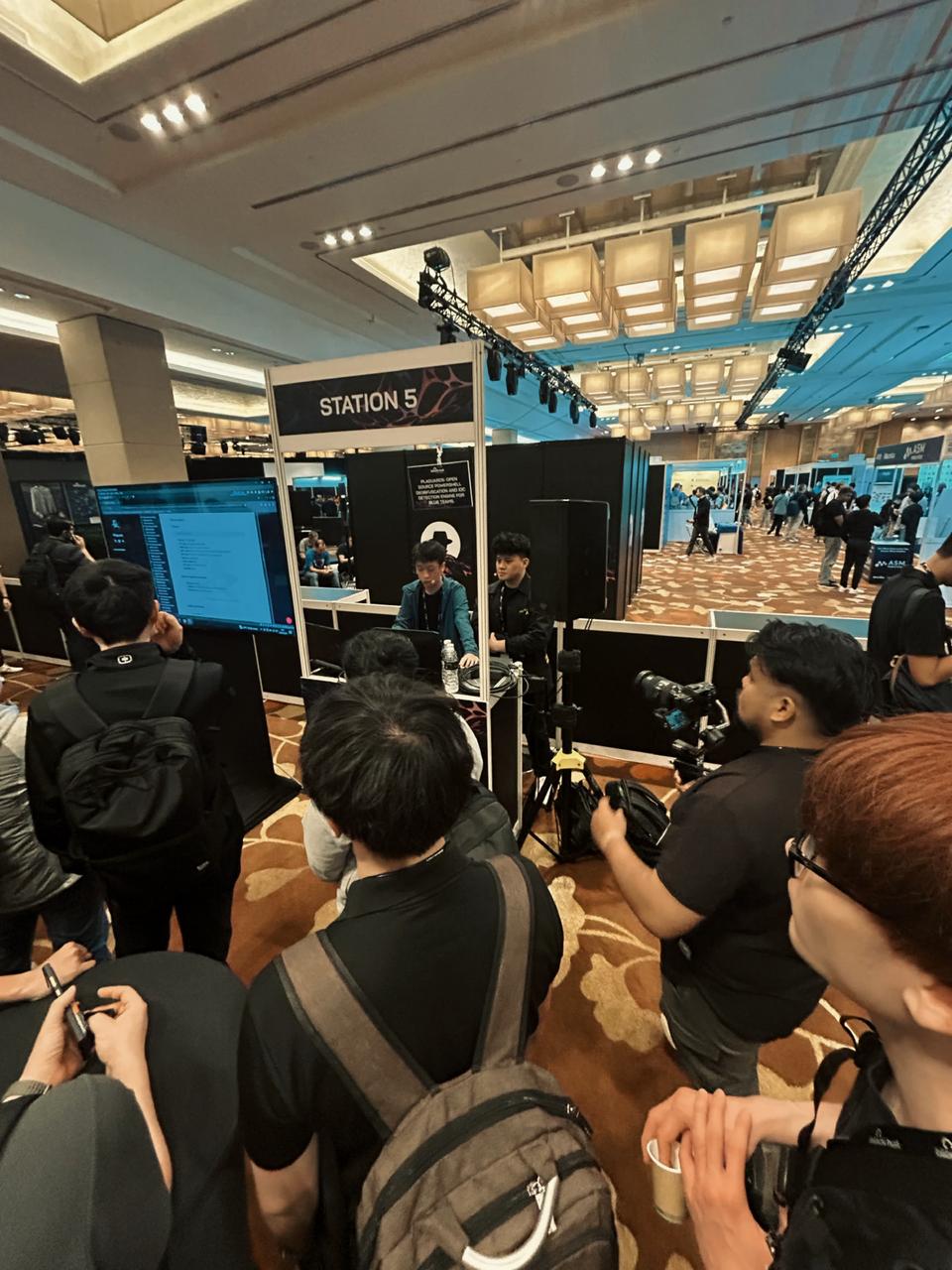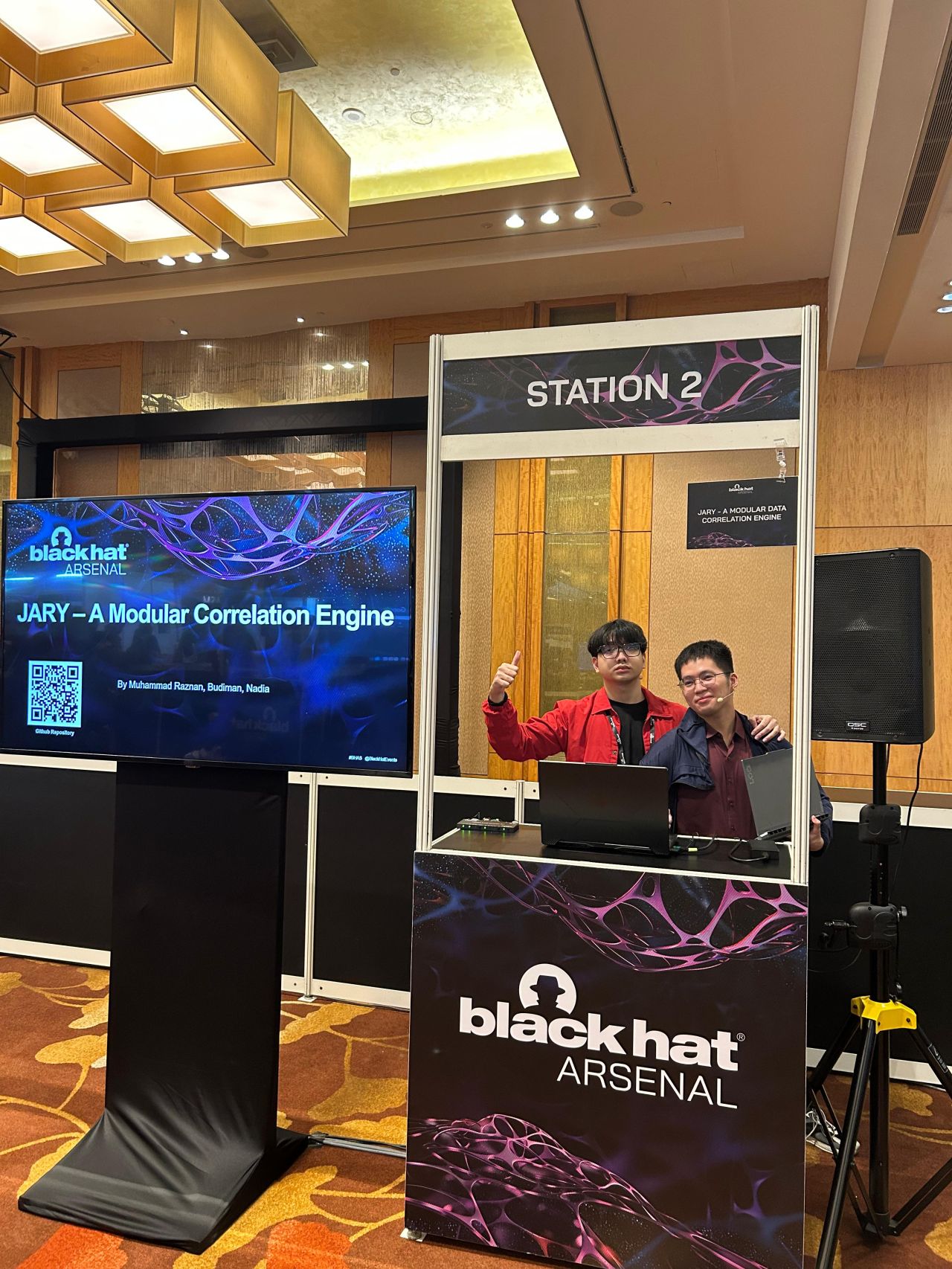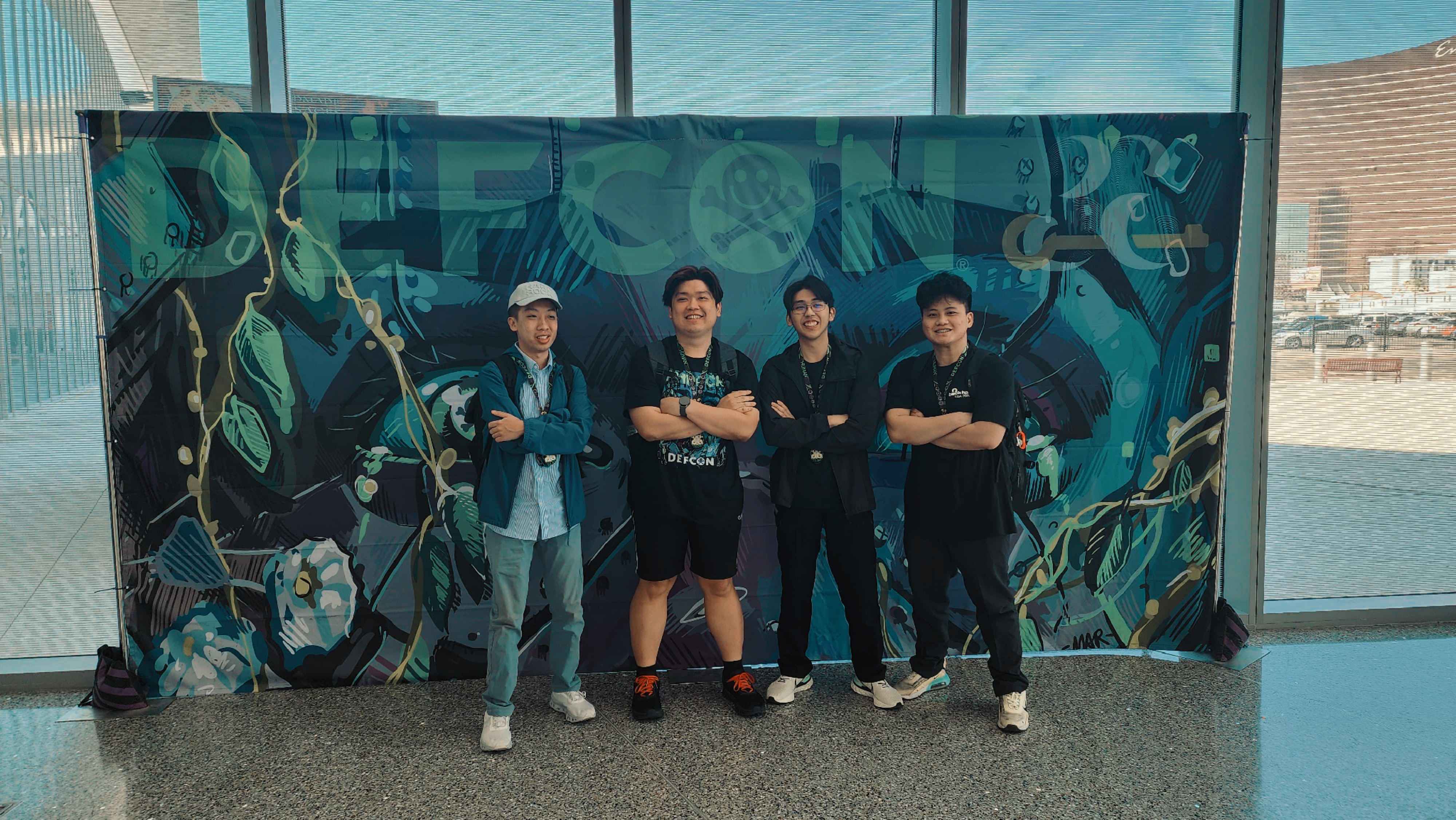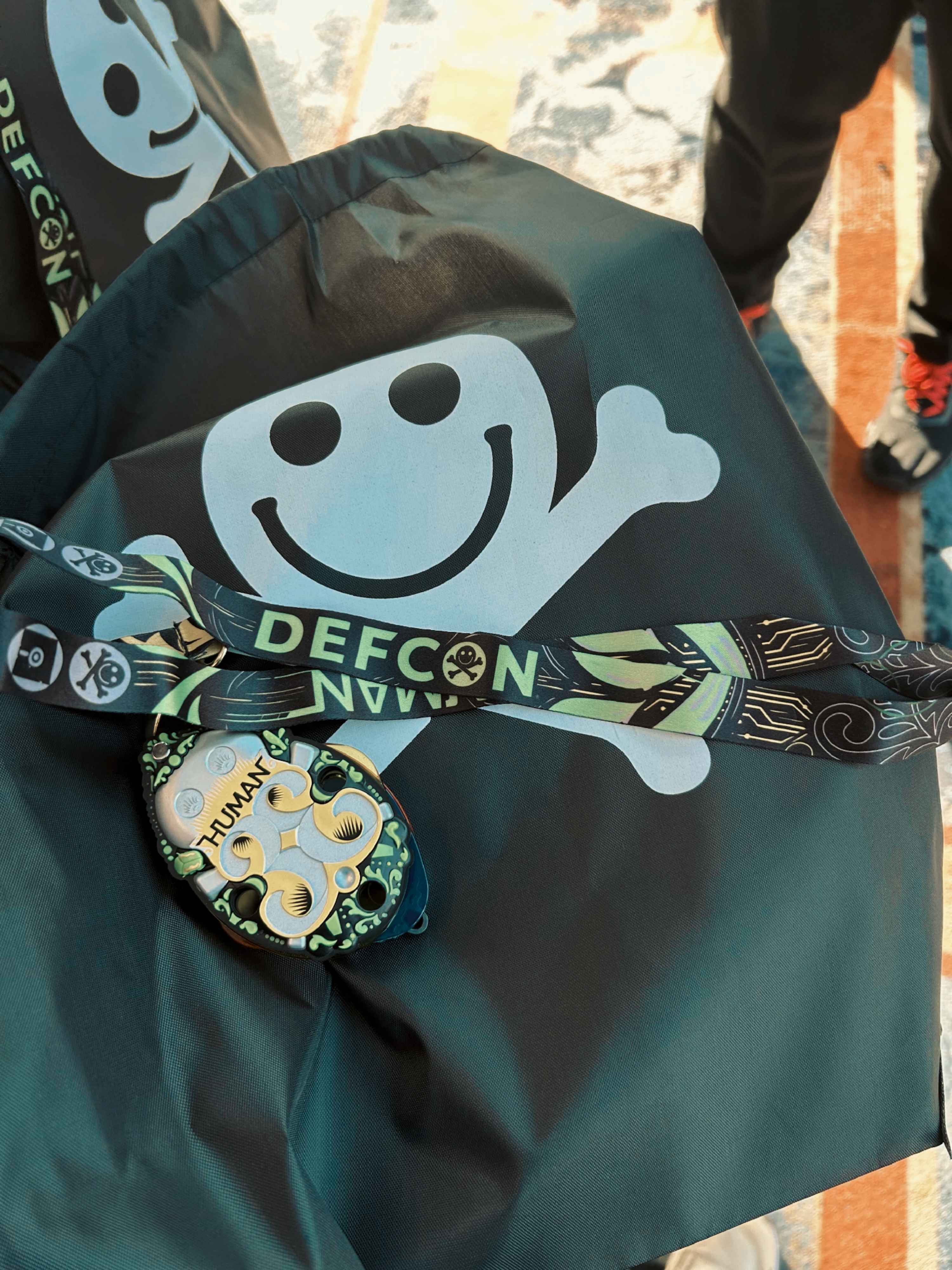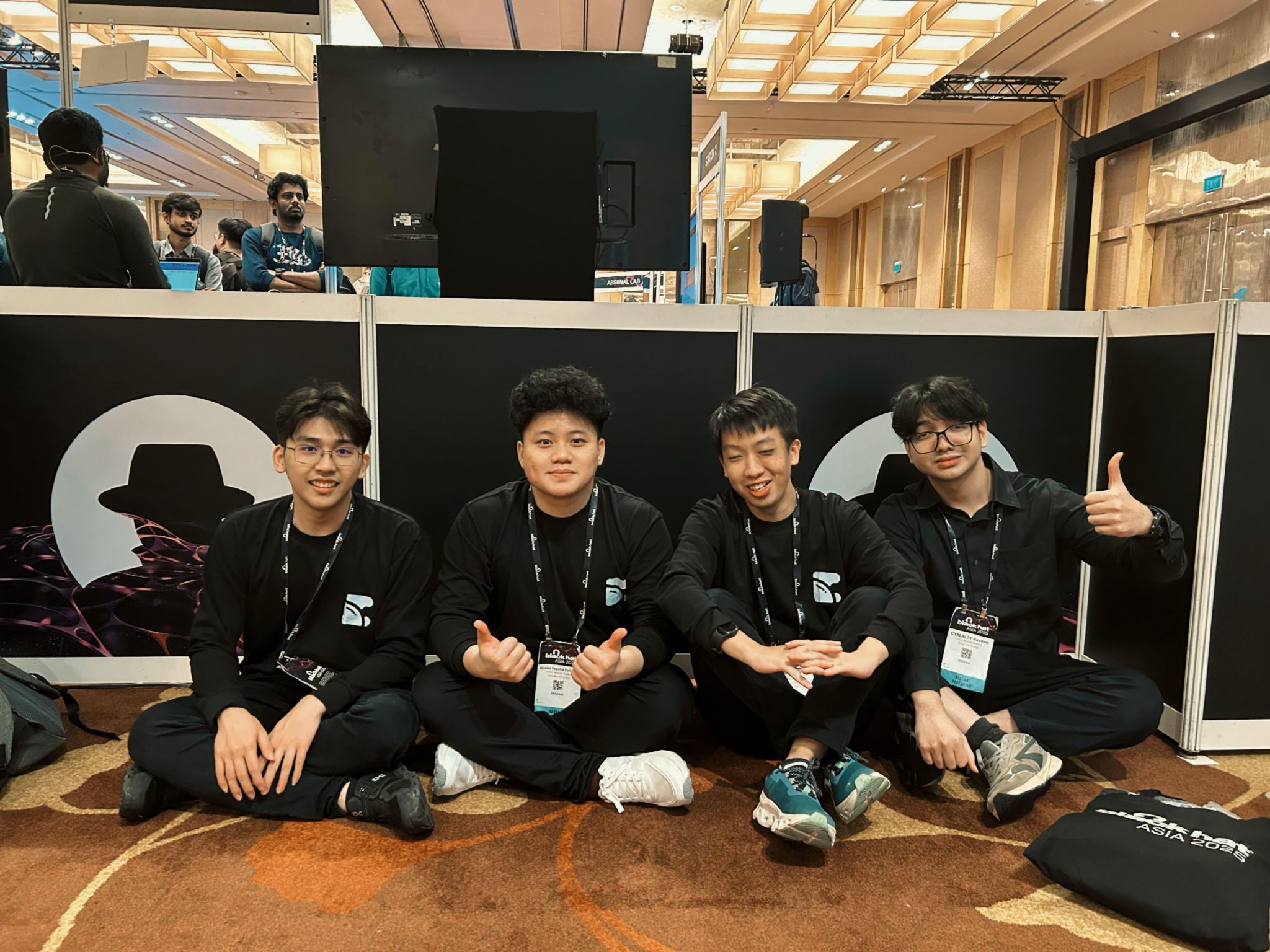BAY is a cybersecurity research group based in Jakarta, Indonesia, founded in 2022. We are a collective of practitioners and researchers dedicated to advancing the cybersecurity field through collaboration, education, and innovation.
Our mission is to bridge the gap between industry, research, and community by fostering knowledge-sharing, building practical solutions, and nurturing the next generation of cybersecurity professionals.
At BAY, we believe in learning by doing — from developing tools and research projects to engaging in global security discussions. As a purpose-driven initiative, we exist not for profit, but to empower the wider cybersecurity community through creativity, resilience, and collaboration.
Cybersecurity training and resilience service, combining hands-on bootcamps to build Blue Team skills with realistic cyber drills that test and strengthen organizational response against threats.
Capture The Flag (CTF) service, providing end-to-end competition management — from challenge development and CTFd platform hosting, to scoring, event operations, and official write-ups.
(Coming soon)
Our Latest Work
Our Latest Work & On-Going Development

Plaguards is a security tool that automates deobfuscation of obfuscated PowerShell scripts, helping teams quickly identify Indicators of Compromise (IOCs) and distinguish valid threats from false positives. Each analysis produces a detailed PDF report with actionable insights.

JARY is a runtime for creating .jary rules to search and correlate log data from external sources. It allows users to define structured rules that filter, match, and analyze log entries to support data analysis and automation. The JARY runtime is a lightweight library written in C that can be dynamically linked with other programs.

Kegembok is a Ransomware tools, a cross-platform (Linux, Mac, and Windows) ransomware made from the Golang programming language, encryption using AES-256-GCM, in this program you can use your own key. This program is for educational purposes only and helpful for simulation like tabletop or ransomware test.

HolmesGeo is an open-source Python tool designed for extracting and analyzing IP addresses from various data sources. It supports input from Apache log files, CSV files, and standard input, and provides geographic and network information for each IP address.

Sigurd is a research-focused artifact used for digital forensics, incident response training, and CTF challenges. It exhibits advanced threat behaviors, including remote command execution, file encryption, data exfiltration, Windows persistence, and stealth techniques. Its first public sample on VirusTotal provides a historical reference for analysts.
Insights and thoughts from our team
This study uses a stacking classifier with SVM, Random Forest, and Logistic Regression to detect deepfake audio. Tested on the Fake or Real dataset with six audio features (MFCC, Spectral Rolloff, Spectral Contrast, Bandwidth, ZCR, RMS), the method achieved 97–99% accuracy, outperforming existing models.
Few of BAY Favorite Moments
